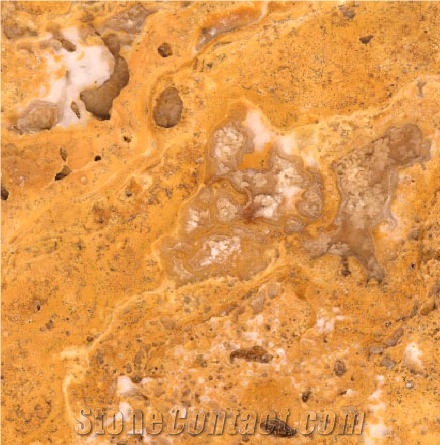Jordan Travertine
 Jordan
(Eastern Bank of the Jordan River Valley (Al-Ghor), Deir 'Alla)
Jordan
(Eastern Bank of the Jordan River Valley (Al-Ghor), Deir 'Alla)
Travertine royal gold exceptionally attractive color with hints of golden several areas with extensive outcroppings of travertine were discovered on the eastern bank of the Jordan valley Jordanian travertine varies from light cream and beige to shades of brown and yellow.
Chemical analysis:
Ca CO3: 97.71%
Fe2 O3 0.62%
Si O2 00.55%
Mg O 00.34%

Can Jordan Travertine be used in a office?

What grade is Jordan Travertine?

How thick is Jordan Travertine slabs?

Are there color variations of Jordan Travertine?

Can Jordan Travertine be used outdoors?

Can Jordan Travertine be used in landscaping?

Can Jordan Travertine be used exterior applications in cold climates?

Is Jordan Travertine an expensive stone?

What is the coefficient of friction of Filled Jordan Travertine tiles?
-

-

-

-

-

XIAMEN TOP STARS STONE COMPANY LIMITED
 China
China
 10YRDiamond members are premium members on platform, providing members with comprehensive approach to promoting their products, increasing products exposure and investment return to maximize.
10YRDiamond members are premium members on platform, providing members with comprehensive approach to promoting their products, increasing products exposure and investment return to maximize.
 Verified Supplier is for prove company authenticity,including business license,trade license and effective office space,to enhance buyers' trust to suppliers and their products, reducing communication costs.
Verified Supplier is for prove company authenticity,including business license,trade license and effective office space,to enhance buyers' trust to suppliers and their products, reducing communication costs.
Contact Supplier
-

-

-

-

-

The request includes: 1. surface finished, size 2. quantity required






